Matt Cameron talks juggling mega gigs with Soundgarden and Pearl Jam
An interview from the Rhythm vaults
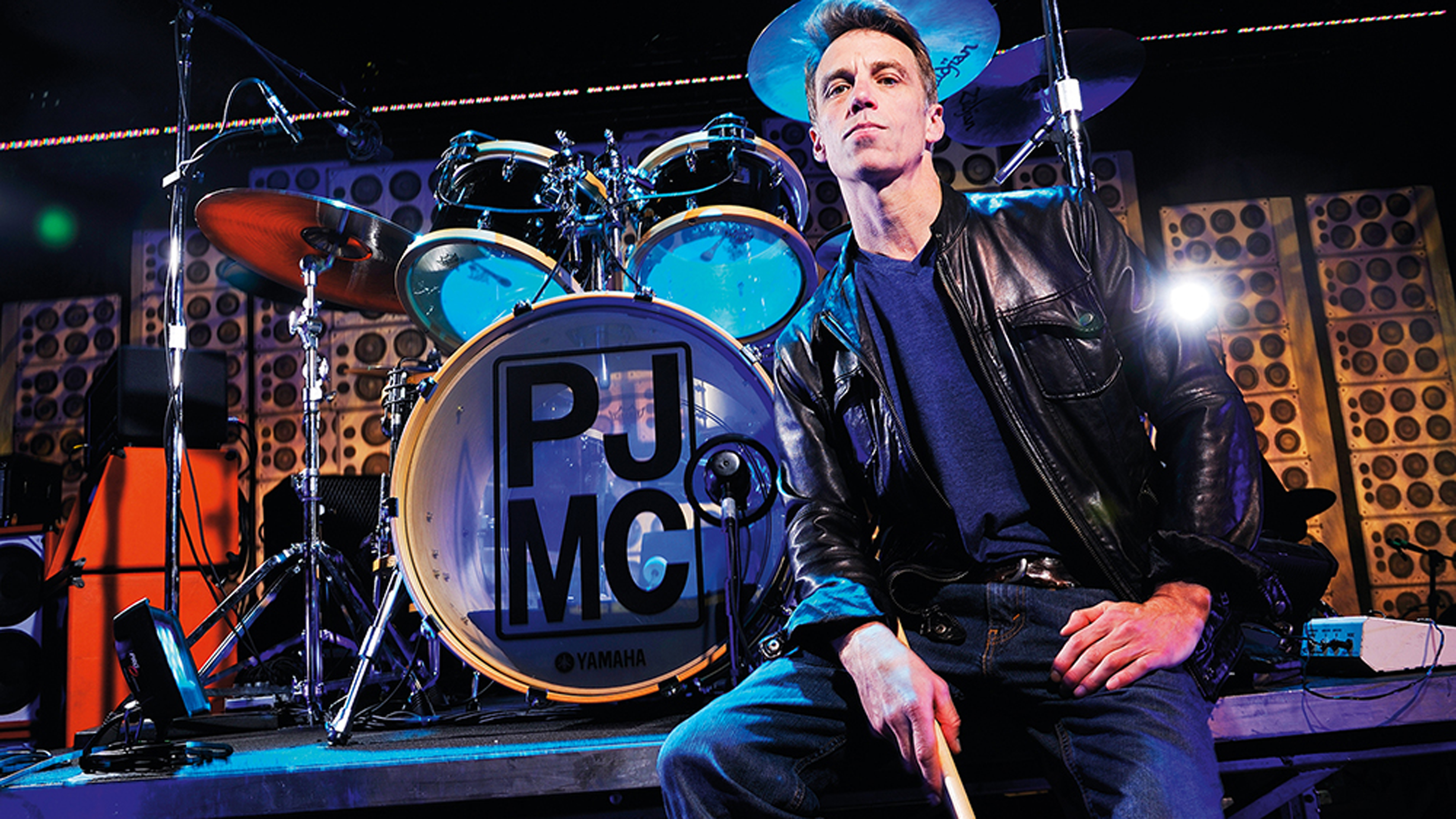
Matt Cameron talks juggling mega gigs with Soundgarden and Pearl Jam
Matt Cameron has been a busy boy, hasn’t he? The drum icon wrapped a UK tour with Soundgarden earlier this month and next week sees the release of a brand new Pearl Jam album.
With this flurry of activity from Cameron HQ we thought it was the perfect time to look back through our huge 2012 cover feature with the man himself and bring you a few choice extracts. For the full feature find yourself a copy of our Summer 2012 issue.
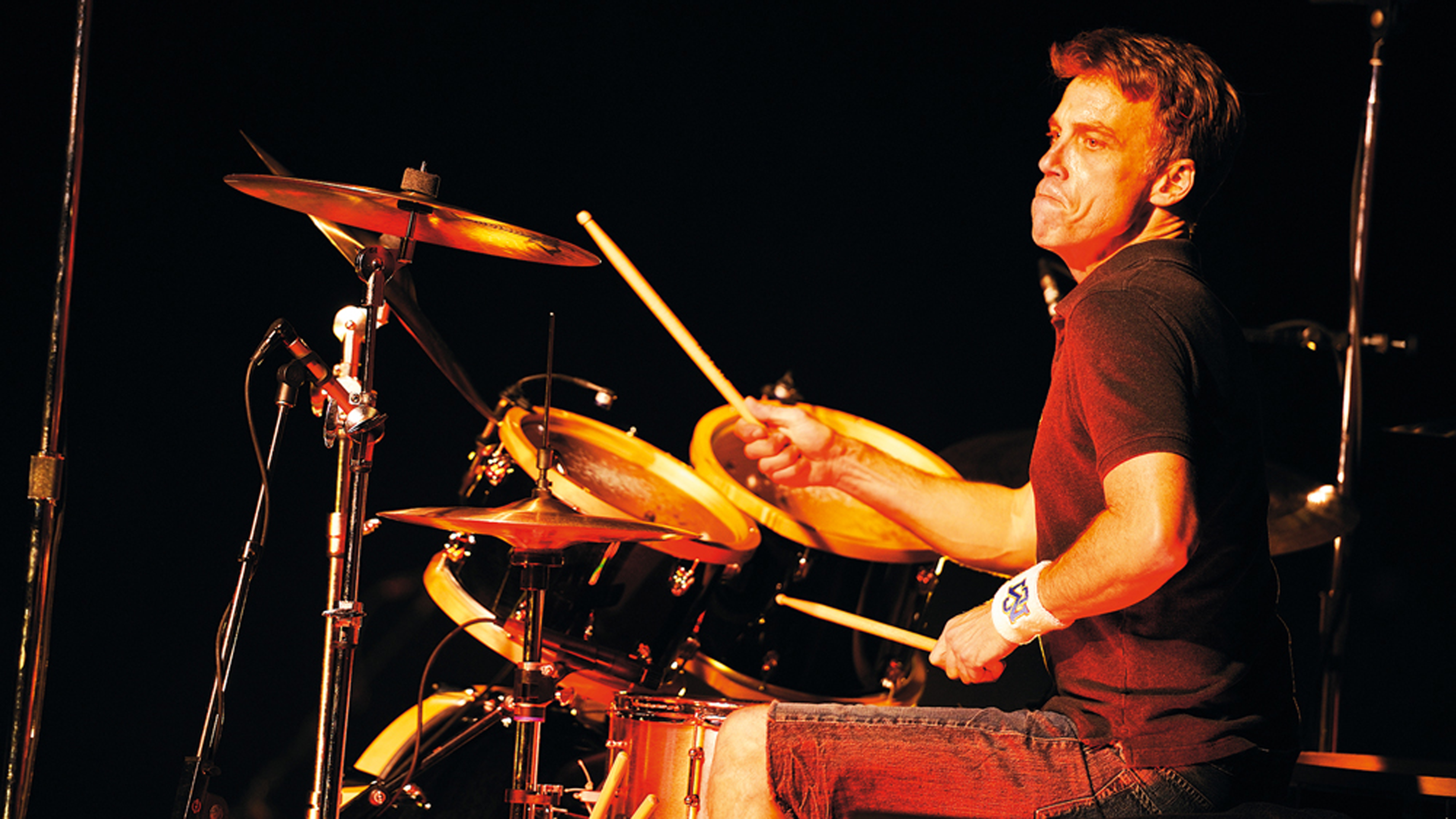
Grunge's early days
Few drummers can genuinely claim to have trodden a career path that passes through two of the biggest bands of their generation, but that’s exactly the journey Cameron started out on back in the mid ‘80s as Soundgarden rose out of Seattle’s grey, rain-swept landscape and the drummer’s future Pearl Jam bandmates Stone Gossard and Jeff Ahmet achieved scene success first with Green River and then Mother Love Bone.
The latter group met a tragic end in 1990 when frontman Andy Wood died of a heroin overdose. The death brought Soundgarden and what would become Pearl Jam together.
“We all kept track of Mother Love Bone and everything that happened there after Andy passed away,” Cameron tells us in hushed, reflective tones. “We were all really supportive. It was a very tight knit local music scene. I think that always informed the personal relationships that we had with each other.
“After Mother Love Bone stopped Chris [Cornell, Soundgarden frontman] was going to do a Sub Pop single in honour of Andy Wood and once he told Stone and Jeff about that they decided to bring me into the fold and then the new singer they were working with.”
The then unknown singer that Pearl Jam trio Mike McCready, Gossard and Ahmet had been working with was Eddie Vedder and the fledgling frontman joined Soundgarden’s Cameron and Cornell in the studio. The project became the much-lauded Temple of the Dog record.
“That was the first time I worked with Eddie in the studio,” Cameron says. “We were all super blown away by just how well he fit into our music scene.”
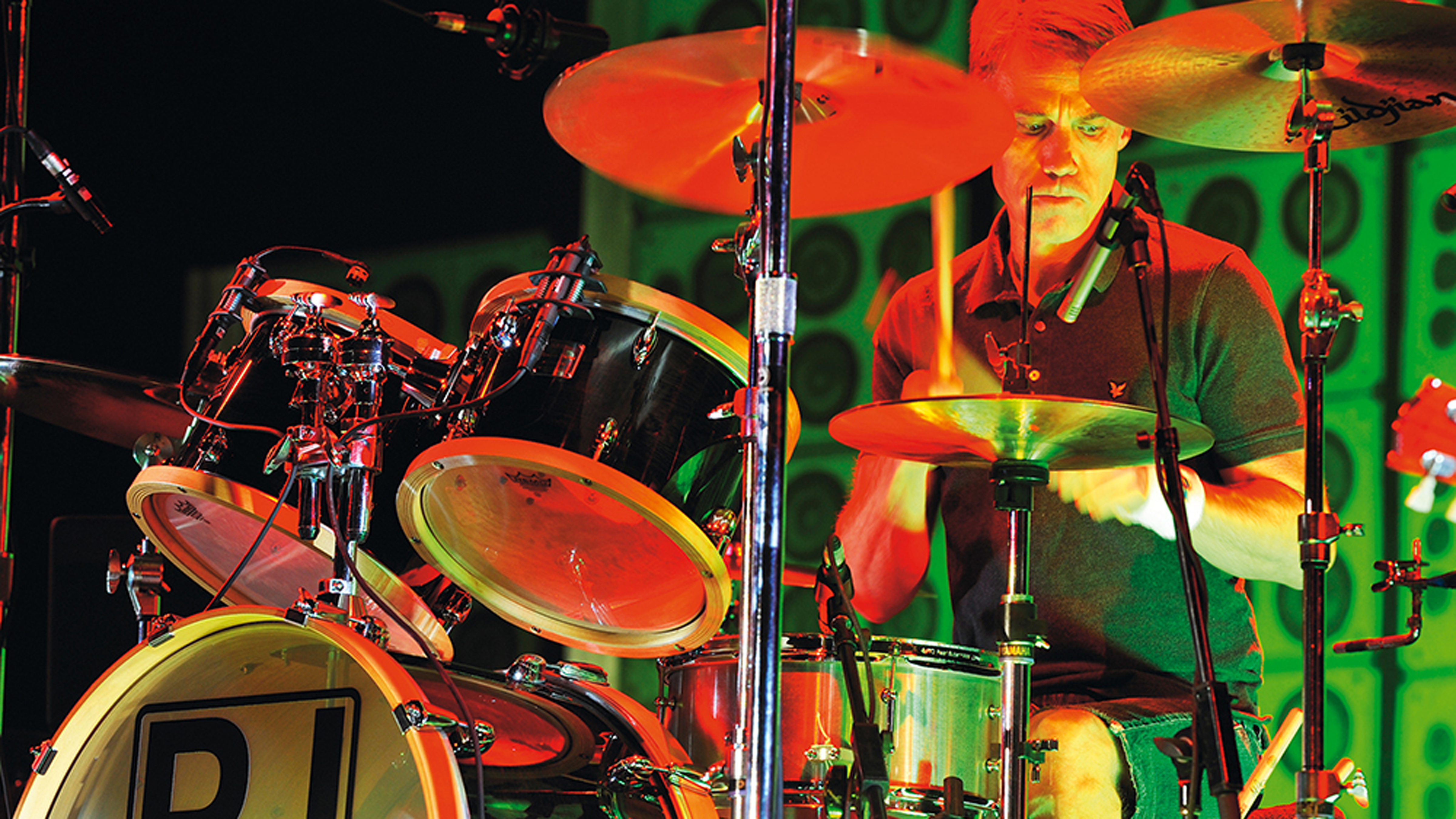
Here comes the mainstream
With Vedder installed as Pearl Jam’s frontman, both bands tore through the Seattle scene and into the mainstream as Cameron and co’s third album, Badmotorfinger, and Pearl Jam’s debut, Ten, soared into the charts on both sides of the Atlantic.
Superunknown continued Soundgarden’s upward trajectory, with Cameron’s shifting time-signatures – you can find him in 7/4 on Spoonman, 5/4 on My Wave and 15/8 on Limo Wreck, while even monster hit Black Hole Sun strays into 9/8 - making the Chris Cornell-led crew not only one of the most successful bands of the raft of grunge acts pouring out of the US and Europe, but also one of the more musically diverse and complex.
“I listened to a lot of jazz music when I was a kid,” he says when asked of his playing style in the early days of Soundgarden. “A lot of Tony Williams then I got into Bill Bruford, Terry Bozzio, Billy Cobham and some of the fusion guys. I think I was more influenced by jazz and fusion than punk or hard rock. But I loved all that stuff too - Deep Purple, Cheap Trick, MC5, Stooges, all that stuff. But I felt I was always learning more with jazz drummers or listening to drummers that played more difficult music, I geeked out on that stuff.”
The geeking out paid off, as Cameron’s thinking man’s approach to the kit added light and shade to Soundgarden’s raw sound.
“I think what I brought to Soundgarden when I joined was an ability to go outside of punk rock and that feel they were in. Kim Thayil wrote, and still does write, riffs that aren’t in 4/4 a lot of the time. He naturally writes that way. Chris is a very accomplished drummer in his own right and a lot of his songs were completely formed with drums, bass and guitar. A lot of times he would say, ‘Hey, I’ve got this drum beat, is this the right thing to do?’ I always encouraged him as far as coming up with drum patterns."
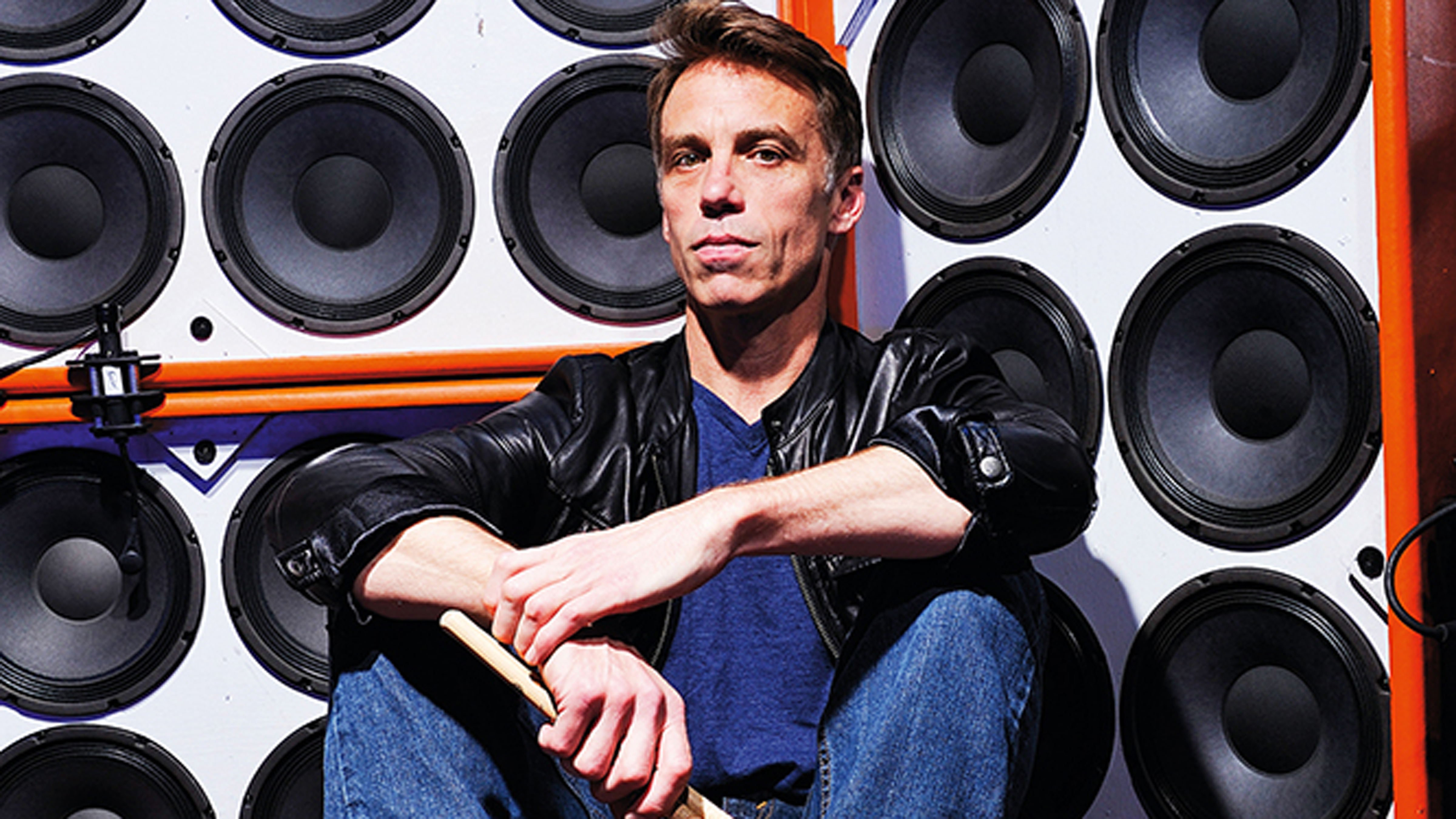
Goodbye Soundgarden, hello Pearl Jam
Despite their obvious musical chemistry and ability to sell albums by the truck-load, by the time 1997 came around Cameron and his Soundgarden buddies were sick of the sight of each other. After a tension-filled stint on the Lollapalooza tour they called time on the band.
But, Cameron wasn’t out of the limelight for long. After studio work with Smashing Pumpkins and an early incarnation of Queens of the Stone Age, he returned to Seattle and answered Pearl Jam’s SOS call.
He fills us in: “I got the call from Pearl Jam out of the blue after Jack Irons wasn’t able to commit to a tour that had been booked. Luckily I was familiar with all of the music and I was familiar with the guys.
“It really wasn’t that crazy of a transition for me because I knew exactly what they were about as a band. I was always really familiar with their sound and the types of songs that they were writing. Then the whole clash with fame issues that they had, I could sort of relate to that.
“There was a lot of common ground. If you’re bringing someone in outside of your familiar zone, sometimes it can take a long time to make that transition because once a band becomes big and tours a lot it really becomes a family and you have to depend on each other and trust each other. Sometimes it’s hard to bring in someone from outside of that group to be able to fit. It’s more than just playing songs.”
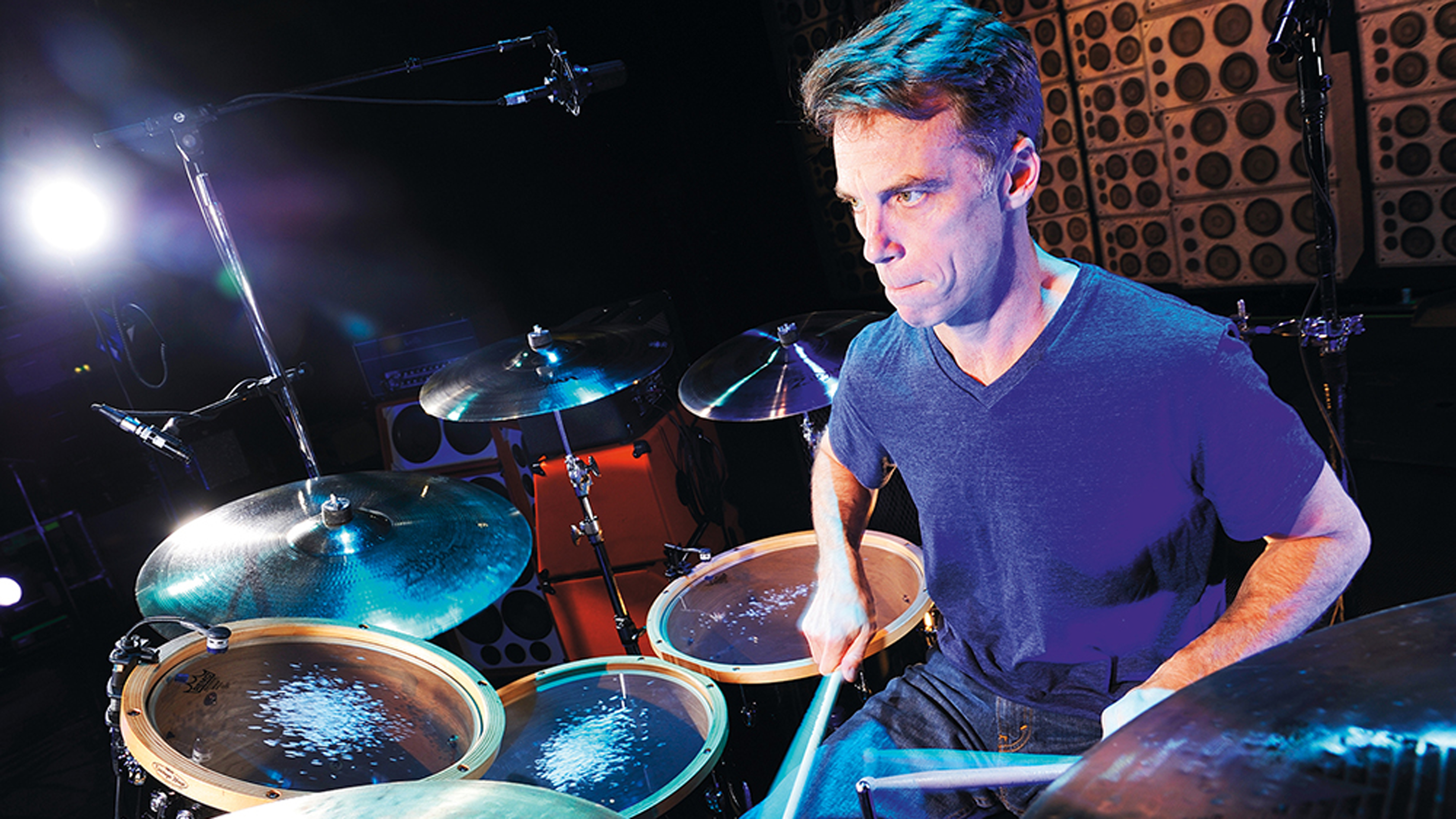
And hello again to Soundgarden
Now a fully ingratiated, trusted and hugely respected member of Pearl Jam in his own right, Cameron’s thirst for challenge reared its head as the call went out in early 2010 that Soundgarden were due to reform, with a world tour and new album in the works.
“No it wasn’t a quick process,” he half smiles, half grimaces on being asked whether putting the band back together came easily. “We started talking in 2008/2009 about updating our catalogue. We had a b-sides record we wanted to put out there was a Sub Pop record that was never released so we were trying to get that rolling and figure out some business stuff. Through that we decided to go out and play. Gee, we’re a band, let’s get in the room and see what happens. Then we had a gig at the Showbox in April 2010 and it was fantastic. We had such a good time we decided to pursue some gigs and take it slow. We got the Lollapalooza gig and from there it was my idea to make a record. That was the only reason I wanted to do it, to make a record. I didn’t need to go out and play more gigs, but I’m certainly happy that we’re able to do that and make all of the schedules work.”
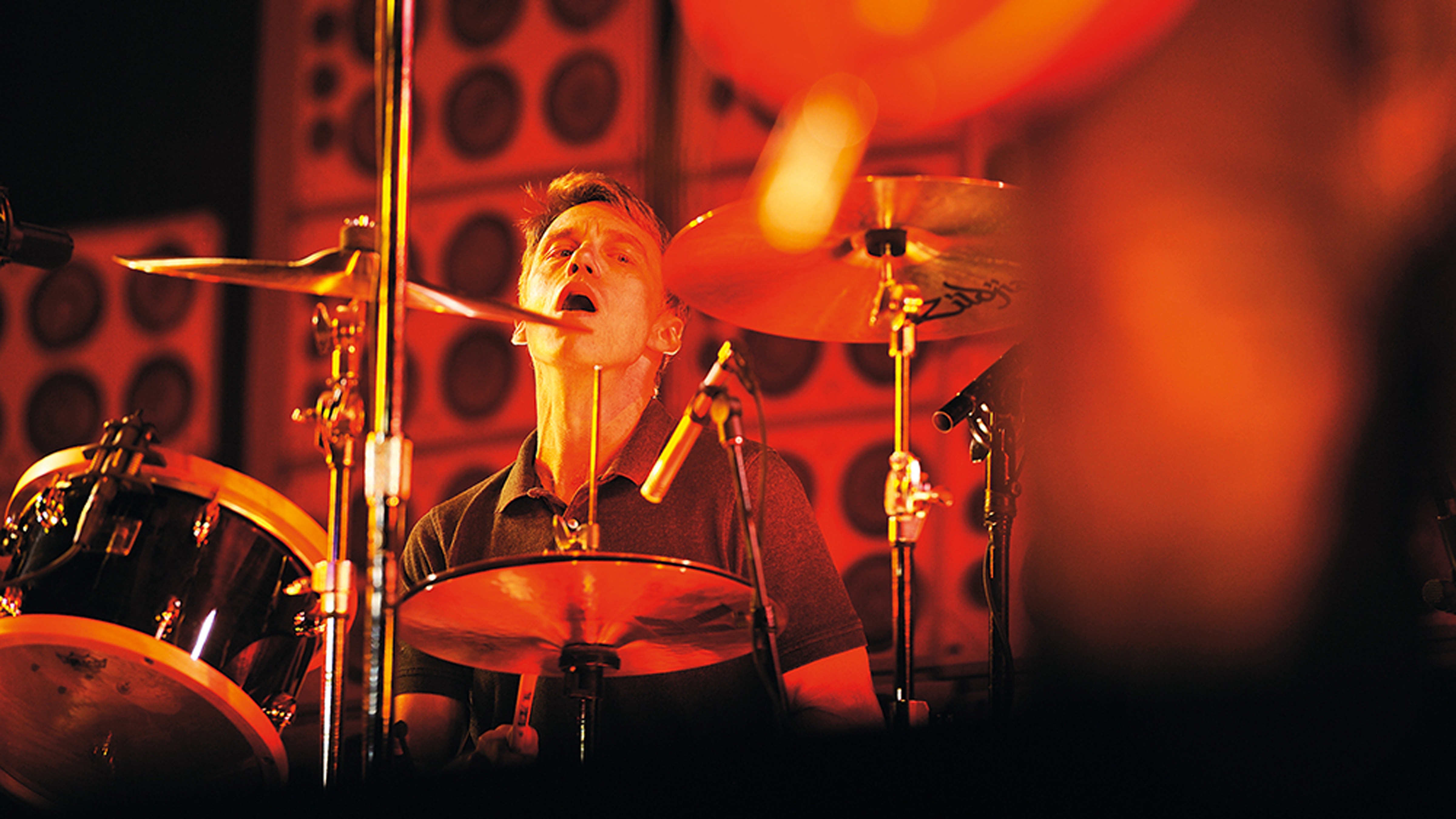
Shifting Styles
Cameron has acknowledged that his early Soundgarden playing style became infused in his Pearl Jam work, but, now we wonder aloud whether his Pearl Jam playing and experiences are seeping into Soundgarden, taking things in an ever-more-confusing cycle.
“Probably! I think the one thing I tried to do when we reformed was listen better. We were the type of band that would just get up on stage and blast. There wasn’t necessarily a whole lot of listening going on, especially towards the end of the group. One thing I really stressed was that when we got into the rehearsal room we had to turn down, we had to make sure the drums weren’t getting buried. That was the goal for me. I wanted Soundgarden to get just a little bit quieter and listen better without losing any of the power.
“The only thing that takes adjustment is the volume, Soundgarden is a lot louder,” he counters. “That’s basically it! Once you gig a lot as a musician, you’re expected to switch and you have to be able to do that. It’s not that difficult for me. I’ve got to make sure my dynamics are correct in Pearl Jam – I can’t just get up there and bash.”
For the full interview with Matt check Rhythm’s Summer 2012 issue.

Rich is a teacher, one time Rhythm staff writer and experienced freelance journalist who has interviewed countless revered musicians, engineers, producers and stars for the our world-leading music making portfolio, including such titles as Rhythm, Total Guitar, Guitarist, Guitar World, and MusicRadar. His victims include such luminaries as Ice T, Mark Guilani and Jamie Oliver (the drumming one).
“Tonight is for Clem and it’s for friendship. An amazing man and a friend of the lads”: Sex Pistols dedicate Sydney show to Clem Burke
“Almost a lifetime ago, a few Burnage lads got together and created something special. Something that time can’t out date”: Original Oasis drummer Tony McCarroll pens a wistful message out to his old bandmates
“Tonight is for Clem and it’s for friendship. An amazing man and a friend of the lads”: Sex Pistols dedicate Sydney show to Clem Burke
“Almost a lifetime ago, a few Burnage lads got together and created something special. Something that time can’t out date”: Original Oasis drummer Tony McCarroll pens a wistful message out to his old bandmates









